Infected: The impact of the coronavirus on the Middle East and north Africa
The coronavirus has hit the Middle East and north Africa at a time when the region is already burdened with multiple problems, including a series…

Visiting Fellow
The Arabian Peninsula and the Gulf region, European relations with the Gulf countries
Italian and English (fluent), French, Spanish and Arabic (conversational)
Cinzia Bianco is a visiting fellow at the European Council on Foreign Relations, where she is working on political, security and economic developments in the Arabian Peninsula and Gulf region and relations with Europe. Additionally, she is a senior analyst at Gulf State Analytics. Previously, Bianco was a research fellow for the European Commission’s project on EU-GCC relations ‘Sharaka’ between 2013 and 2014.
She holds an MA degree in Middle East and Mediterranean Studies from King’s College London and a PhD in Middle East Politics from the University of Exeter in the United Kingdom, where she worked on threat perceptions in the countries of the Gulf Cooperation Council (GCC) after the 2011 Arab uprisings. She is the author of “The Gulf monarchies after the Arab Spring: threats and security” (Manchester University Press, 2024)
The coronavirus has hit the Middle East and north Africa at a time when the region is already burdened with multiple problems, including a series…
The Saudi leadership’s recent robust moves could mark the start of the crown prince’s long-awaited ascent to the throne
Europeans can shift the balance of power in the Gulf in their favour by approaching the Gulf through flexible new frameworks
The fractious context of the Gulf means Oman’s new ruler could soon find himself seeking to emulate his predecessor and championing regional diplomatic dialogue
Saudi Arabia is suspending its assertive foreign policy, seeking to prevent an escalation in tensions
Policymakers have closely watched the emergence of an apparent rift between Saudi Arabia and the UAE, as well as an ostensible attempt at rapprochement between Saudi Arabia and Qatar, in recent weeks. The dynamics of the Gulf can have significant implications for European economic and political interests
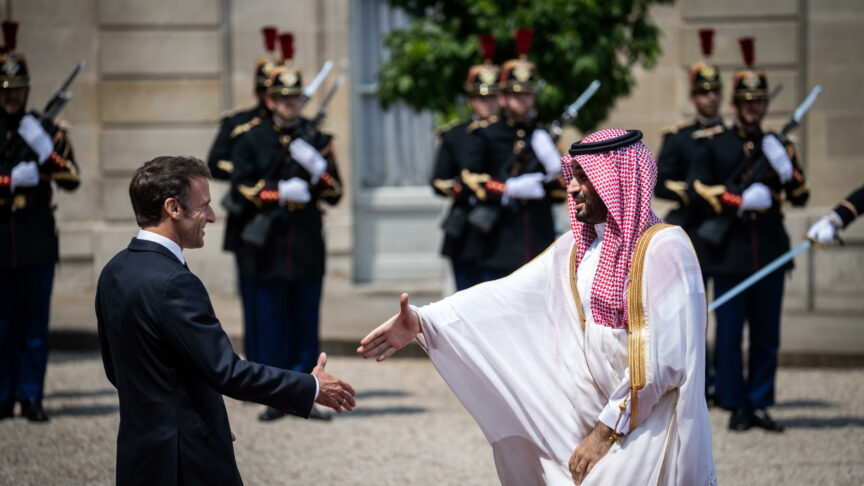
Saudi Arabia has become a middle power with outsize influence on global issues. To protect their interests, Europeans need a new approach to working with Riyadh which recognises the kingdom’s priorities
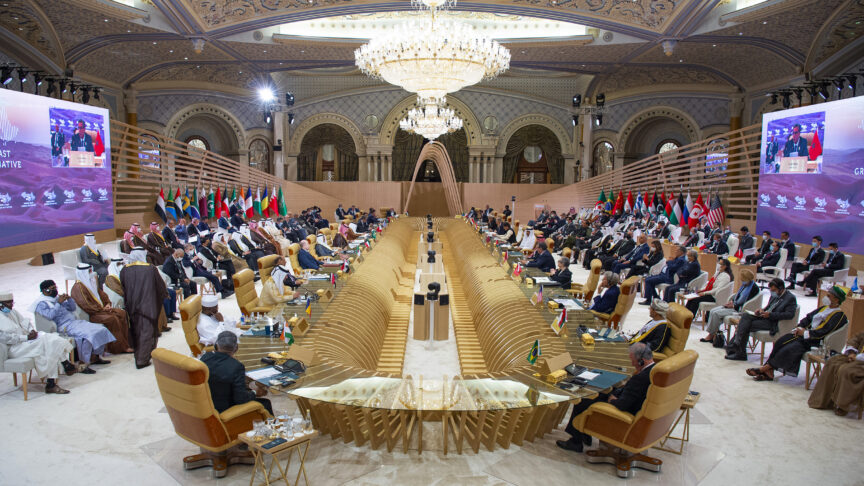
Europeans should view COP28 as a catalyst to upgrade their energy relations with the Gulf states to long-term cooperation on the green transition and decarbonisation

European policymakers should back climate diplomacy to help improve relations between Iran and Gulf monarchies
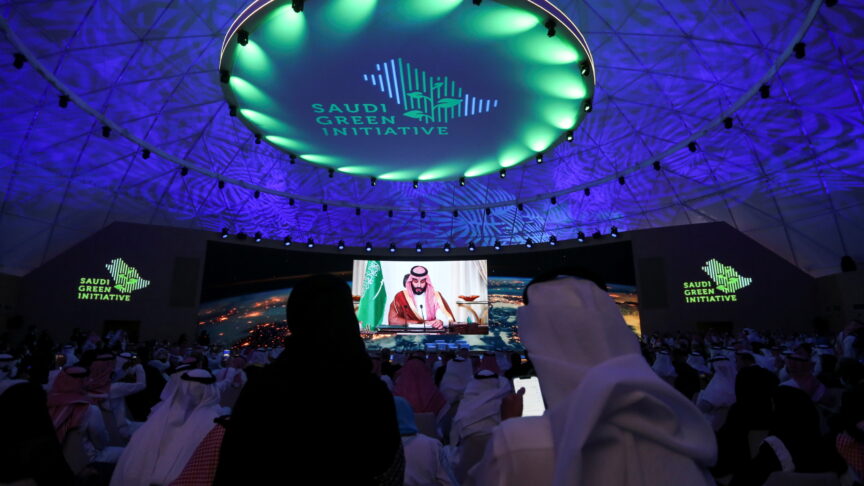
If the EU is to achieve its climate and geopolitical goals, it will need to substantially increase its engagement with Gulf states on the European Green Deal
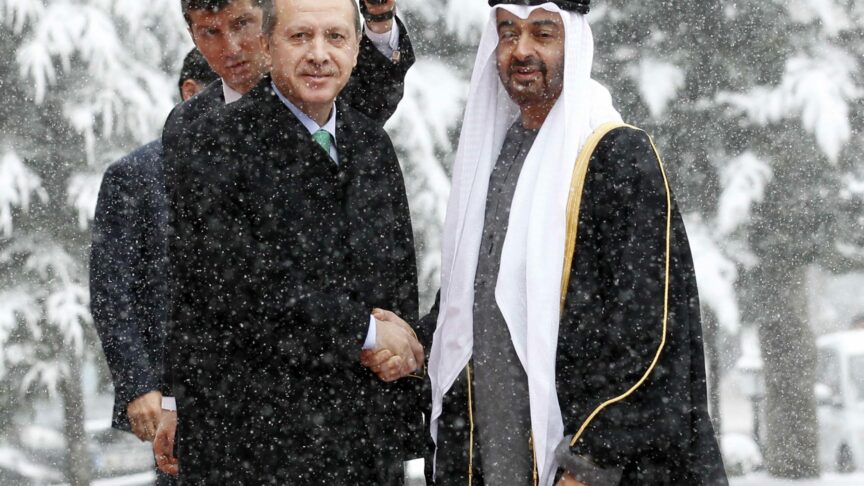
Instead of using the UAE to push back against Turkey or vice versa, Europe should develop its own strategy on their rivalry
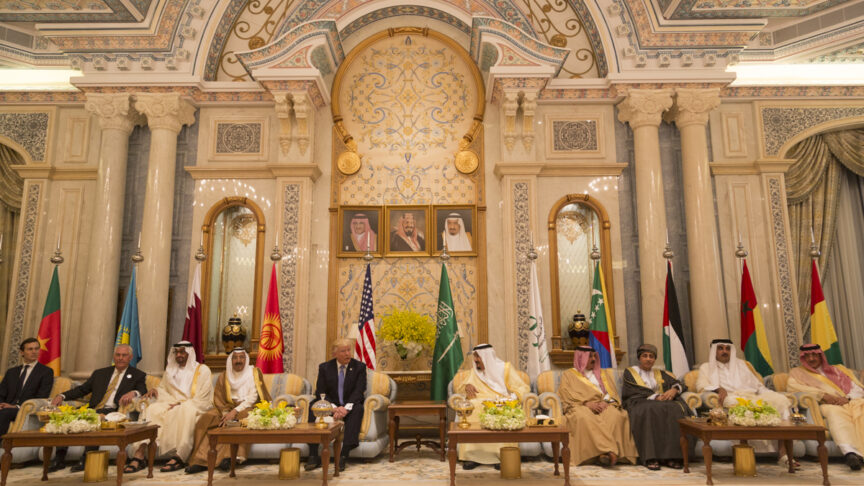
The arrival of the Biden administration in Washington, and the perception of US disengagement from the region, offers an opportunity for Europeans to help de-escalate tensions between GCC states and Iran
Europeans can shift the balance of power in the Gulf in their favour by approaching the Gulf through flexible new frameworks
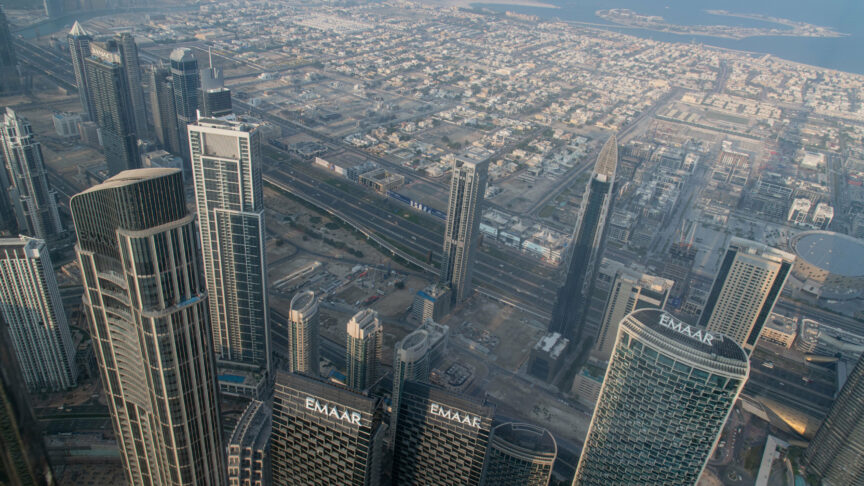
The UAE sees itself first and foremost as a valuable economic connector, bridging the BRICS+ and the West. Its bet is that great powers, even amid rising tensions, need a safe haven to do business with one another
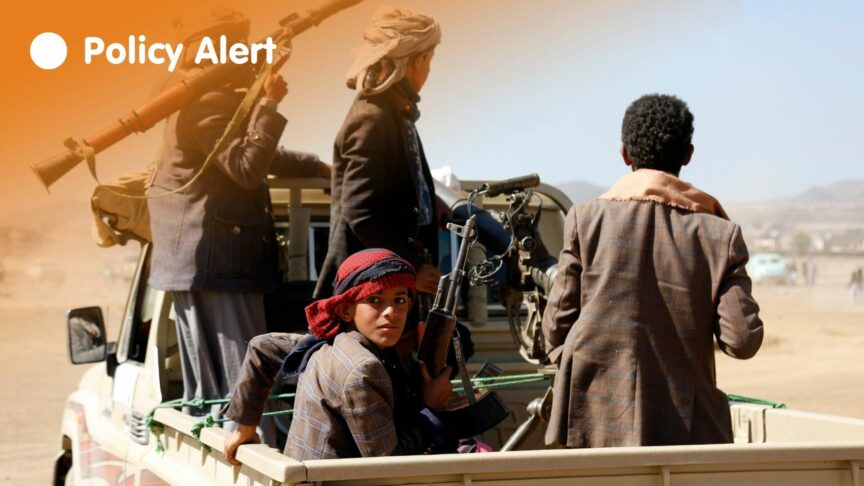
The US and UK strike on Houthi targets in Yemen has done little to deter the Iranian-backed group from its attacks in the Red Sea. Europeans should instead launch their own maritime operation, engage in diplomacy, and call for a ceasefire in Gaza
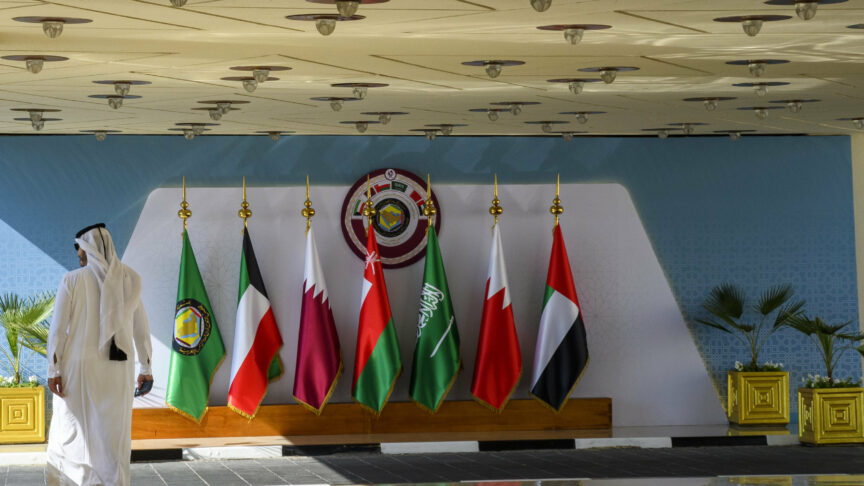
The Gulf states have loudly condemned Israel’s offensive in Gaza. But beneath the rhetoric – and amid unfolding regional escalation – many Gulf capitals are hesitant to put their national interests at risk
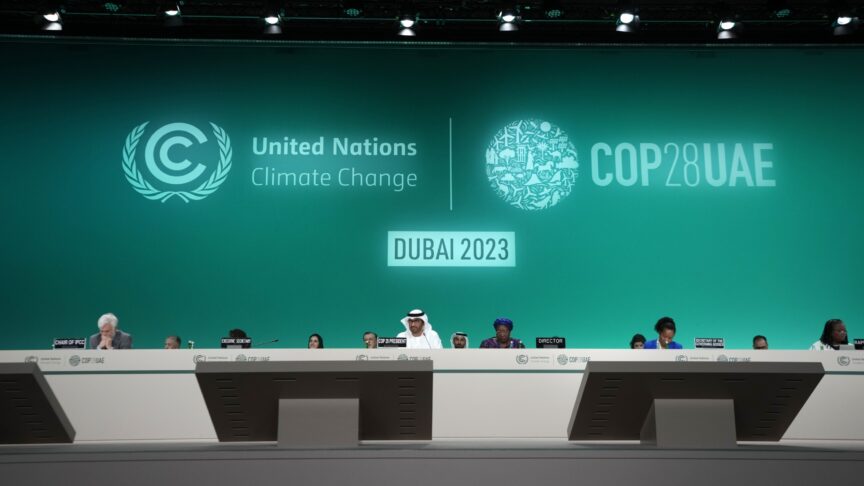
COP is taking place this year in the United Arab Emirates, whose subsistence depends heavily on fossil fuels. Despite the controversy surrounding the choice of venue for the summit, the EU and France must not turn their back on negotiations with the Arab state on the gradual phase out of these fuels
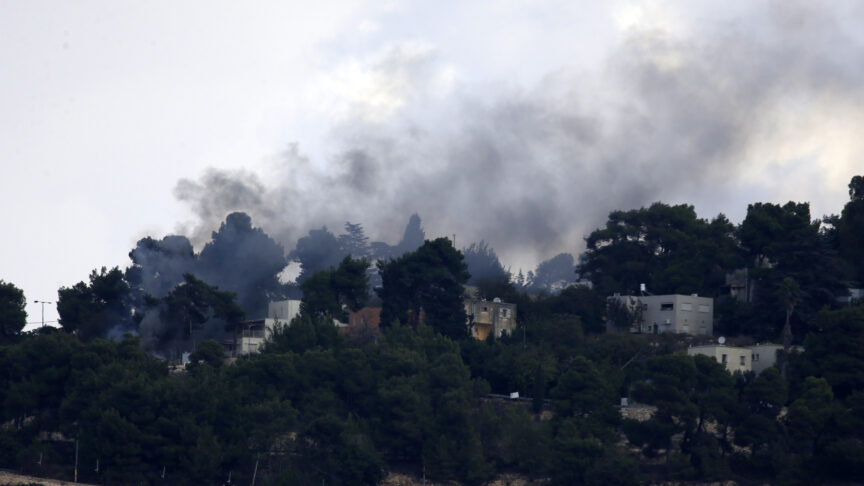
The unfolding war in Gaza between Israel and Hamas is at the precipice of a broader regional conflict. Europeans must urgently join regional efforts to support preventive diplomacy and avoid escalation
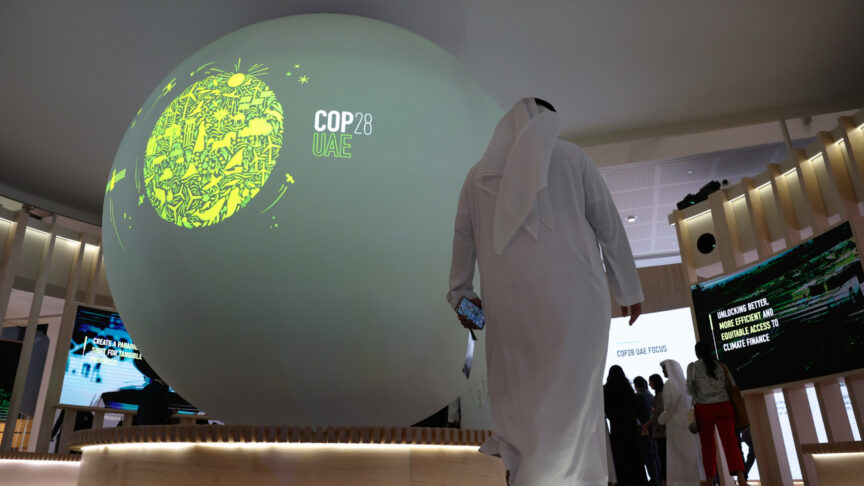
As COP28 approaches, the dispute over the phase-out of fossil fuels threatens to once again torpedo progress at the climate conference. Europeans have a chance to break this impasse and achieve meaningful progress by engaging with major fossil fuel producing countries like the Gulf monarchies
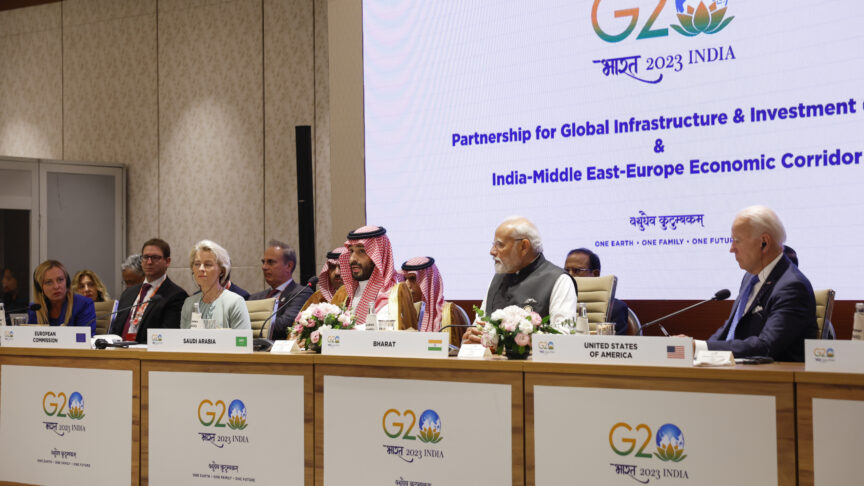
A new trade corridor linking India to Europe via the Middle East can offer opportunities for Europeans to strengthen their geo-economic influence with the Gulf. It can also be an opportunity for de-risking, but Europe should not expect to dislodge Chinese influence
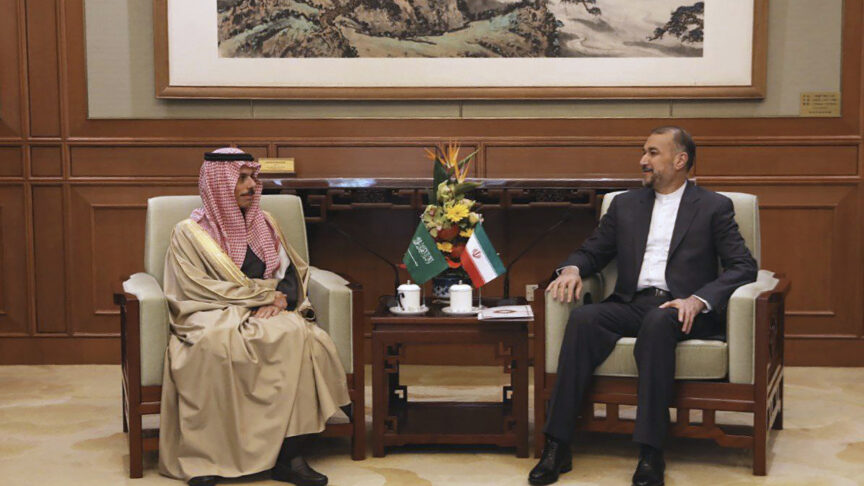
The normalisation of relations between Saudi Arabia and Iran has provided welcome impetus towards peace in Yemen. But resolving the regional dimension of the conflict should not come at the expense of inclusive, intra-Yemeni negotiations under UN auspices
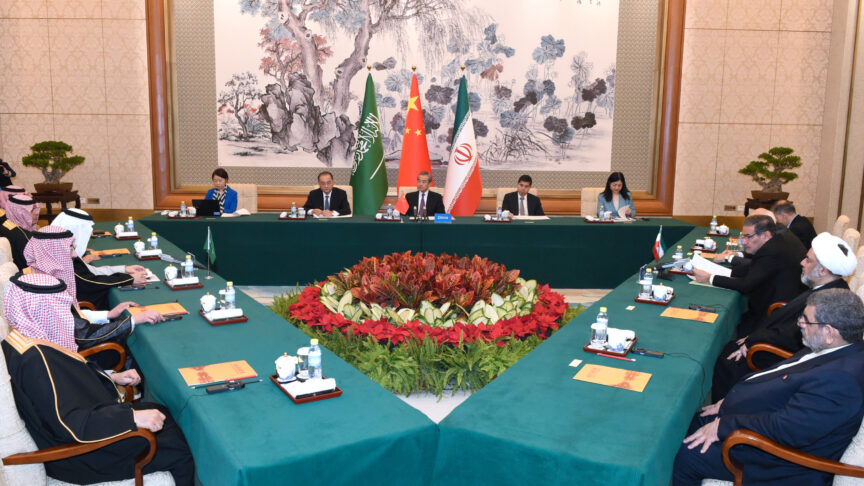
Saudi Arabia and Iran have agreed to begin the process of normalising their relations. Europeans should consider how to help entrench the stabilising gains of the agreement – even as they navigate difficulties with Iran
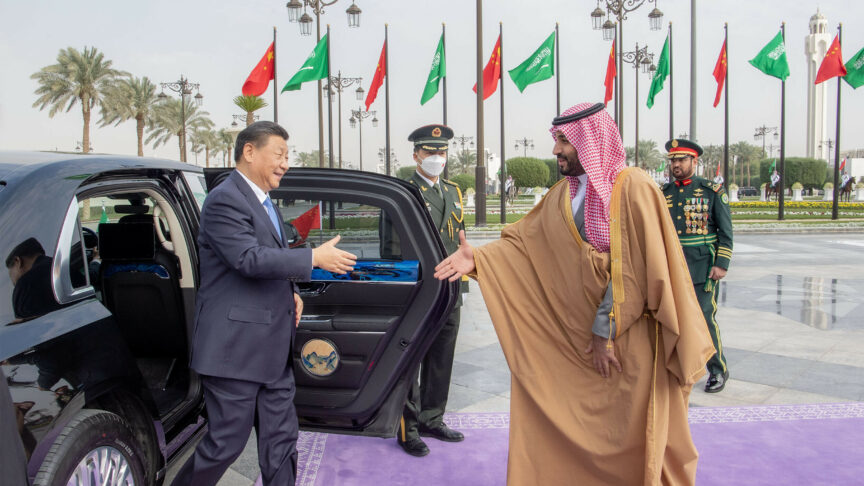
To compete with China’s influence in the Gulf, European governments should embrace multipolarity and offer concrete alternatives to Gulf monarchies
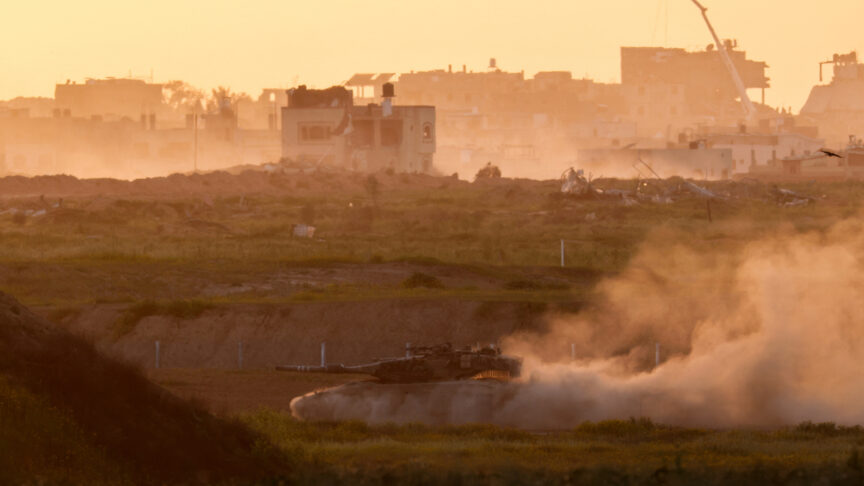
This new ECFR mapping project identifies the spillover effects of the Gaza war in countries across the Middle East
The eastern Mediterranean is becoming ever more perilous as geopolitical fault lines steadily enmesh the region. These rifts emerge from the Cyprus ‘frozen conflict’, competition for valuable gas fields, and the increasingly entangled wars in Libya and Syria
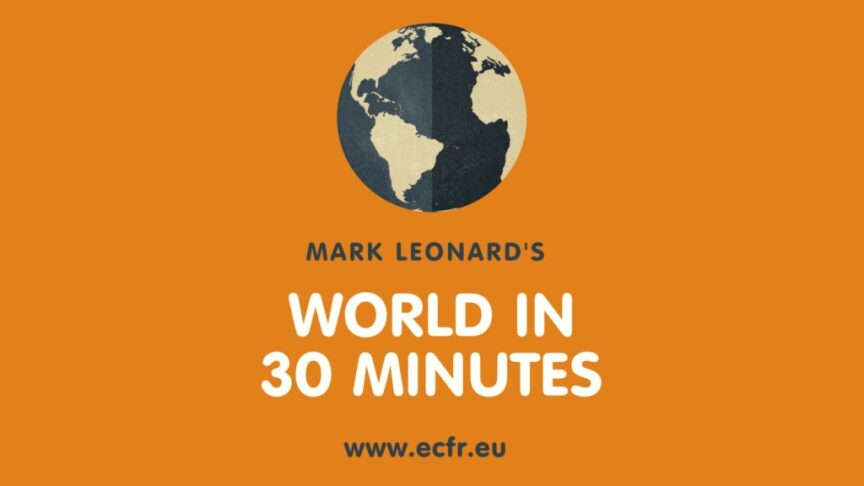
Mark Leonard welcomes Cinzia Bianco, Agathe Demarais, and Camille Lons to discuss the geoeconomics of the Gulf

Mark Leonard welcomes Cinzia Bianco and Theodore Murphy to discuss the crisis in the Red Sea and its escalation potential
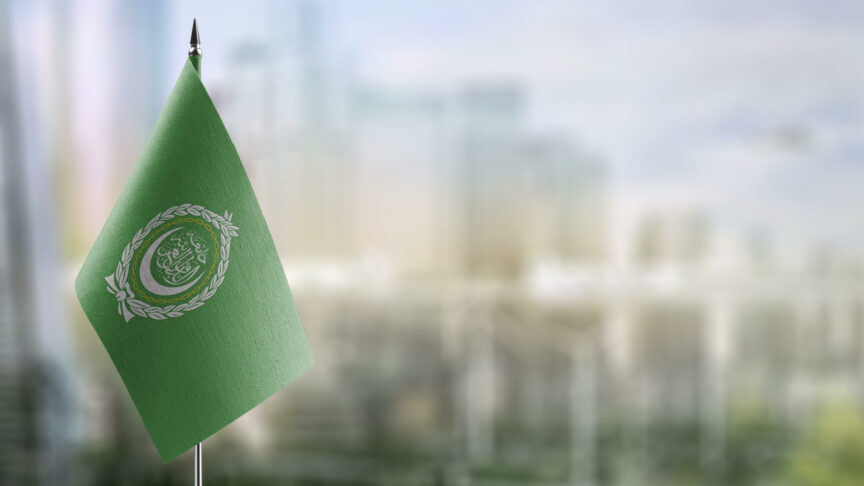
Cinzia Bianco speaks to Dania Thafer and Elham Fakhro about the regional reverberations of the war in Gaza, particularly from the perspective of key Arab Gulf monarchies such as Qatar, Saudi Arabia, and the United Arab Emirates

Jeremy Shapiro welcomes Cinzia Bianco and Hugh Lovatt to discuss the role of the Persian Gulf in the ongoing conflict in Gaza
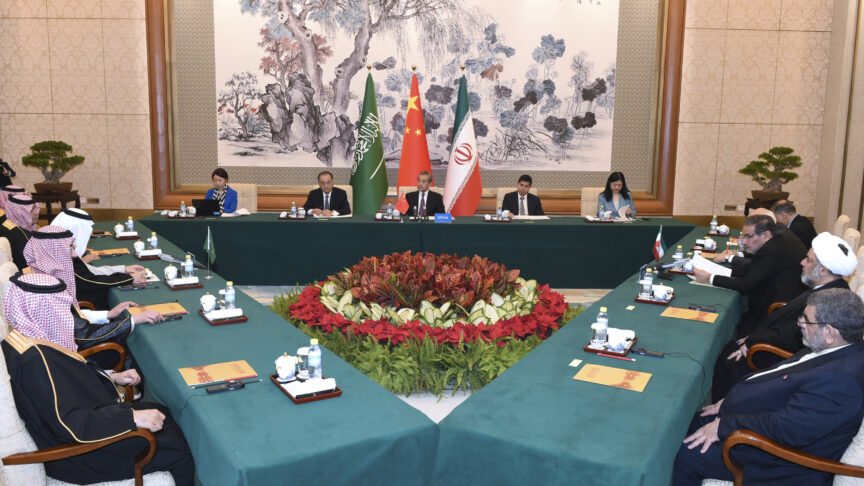
Mark Leonard welcomes Julien Barnes-Dacey, Cinzia Bianco and Andrew Small, to talk about the new Saudi – Iran deal
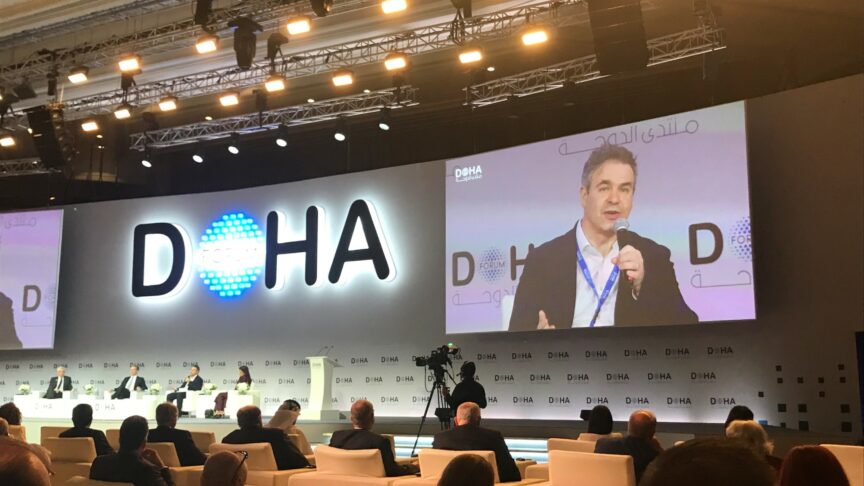
On location at the Doha Forum 2022, Mark Leonard and his guests discuss Western energy sanctions on Russia and why is there a reluctance in the Gulf states and the West to cooperate on energy supplies

How can the EU prevent the Turkey-UAE rivalry from destabilising European security and foreign policy?
The ECFR Rome office organized a virtual gathering, moderated by the Head of ECFR Rome Arturo Varvelli, to present the ECFR publication “A Gulf…
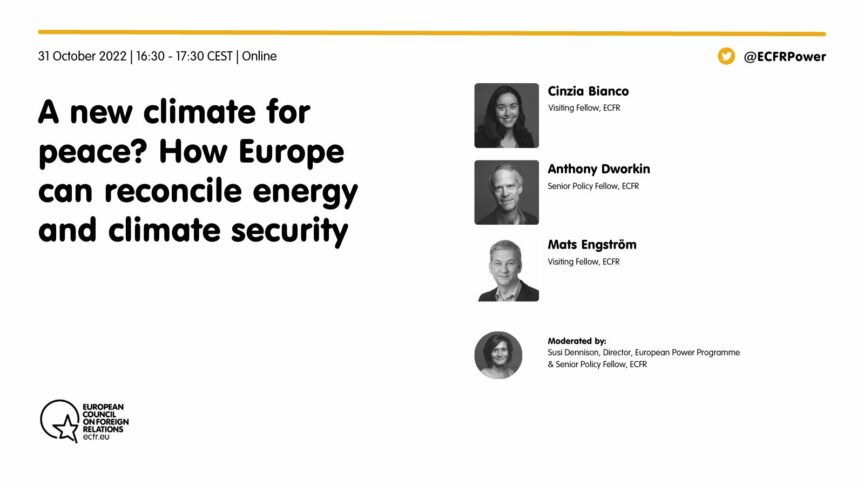
Cinzia Bianco, Mats Engström and Anthony Dworkin were in conversation with Susi Dennison to hear how Europe can best meet its energy security interests all the while preserving its credibility as a climate superpower